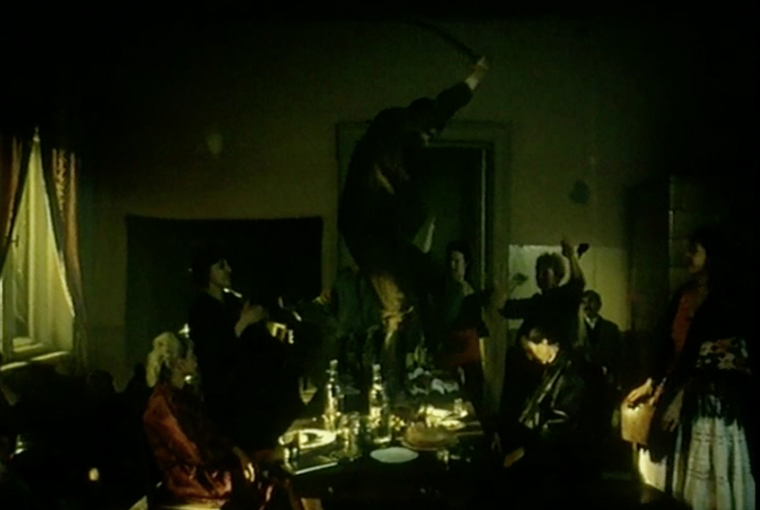
Polish Focus 2014: After briefing our readers on Polish film politics since 1989, we turn to regular politics in this month’s editorial, offering a short outline of some recent developments.
Though many Poles lament a lack of influence on European politics (the voter turnout at the European Parliament elections in 2009 was a mere 24.5% compared to 43.3% in neighboring Germany), prime minister Donald Tusk and foreign minister Radoslaw Sikorski from the center-right Civic Platform have definitively discovered international politics for themselves in recent weeks. Sikorski was said to be a key actor in bargaining a deal between Viktor Yanukovych and the Ukrainian opposition on February 21st (soon forgotten as Yanukovich was ousted by the parliament the next day), while Tusk has been a vocal proponent of stricter measures against Russia’s military threats in Crimea. Historically linked, Poland and Ukraine have hosted the European Football Championship (UEFA) together in 2012, a rare cooperation that improved common infrastructure but seemed to do little in way of cultural convergence: Polish state media focused on price hikes and failed development projects in Ukraine during the championship instead of looking for cultural, historical or social reference points. That Polish politicians are so vocal in Ukraine is partly due to the fact that Russia is wildly unpopular in both Poland and West-Ukraine, and partly due to the political situation in Warsaw. Since late 2012, the economy has slowed down and with it Tusk’s popularity (today, unemployment is still at a relatively high 14%).
Initially marveled for dealing with the financial crisis relatively well, Poland has lost its image of a weather-proof economy. In September, thousands of Polish unionists gathered on the street to demand reforms in the labor code and the dismissal of labor minister Wladyslaw Kosiniak-Kamysz. Tusk reacted to his fading popularity by shuffling the government last November. Many conservatives (including the popular magazine Wprost) saw a PR-move in the step, expecting no major changes to the government’s economic policy. So far, the PO has averted a recession, if by a margin, but opinion polls are shifting towards the rival Law and Justice party (PiS). As elections to the European Parliament grow closer, Tusk and Jaroslaw Kaczynski of PiS will be seen applauding each other less frequently (as they were during each others speeches addressing the Ukrainian crisis). Still, unlike their American counterparts, they are capable of cooperation. In January, Tusk was able to push forward measures designed to crack down on drink driving thanks to cross-party support. As long as Polish politicians are reminded of the merits of culture, support for film funding should be safe.
For our March issue, we saw two films by Polish helmer Paweł Pawlikowski: Ida, his successful festival traveler from last year, and Woman in the Fifth with a narrative not unlike that of Polanski’s Tenant. Moritz Pfeifer also interviewed Agata Trzebuchowska, the main actress from Ida. Colette de Castro saw Diary of a Journey, a curious documentary about two photographers (student and teacher) who travel Poland. Meanwhile, Konstanty Kuzma and Moritz Pfeifer complement our Berlinale coverage with reviews of Brides (dir. Tinatin Kajrishvili) and Parasite (dir. Anka and Wilhelm Sasnal). For our Retrospectives, Pfeifer also saw Malogrzata Szumowska’s refreshingly experimental short films from film school. Finally, Patricia Bass saw Srdan Golubović’s Circles, a film which artfully illustrates the questions and challenges of daily life once war is over.
Konstanty Kuzma & Moritz Pfeifer
Editors




Leave a Comment